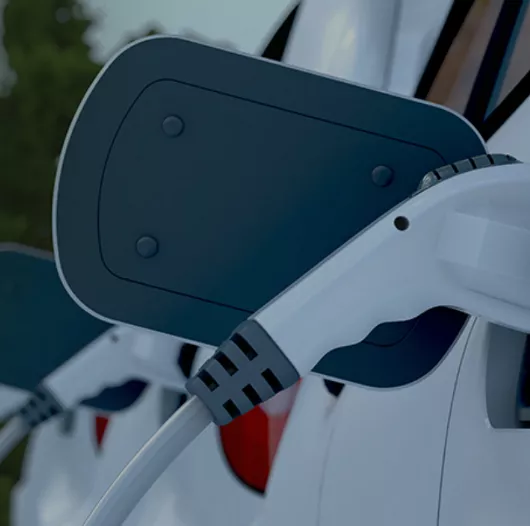Why EV Fleets Need Better Data, Not More Chargers


The prevailing wisdom is that in order to increase the adoption rate of electric vehicles (EVs) in the UK, more chargers are needed across the country. But what if I told you that isn’t necessarily true?
Although there is a need for more chargers in some locations, if we are to make transport cleaner and meet our collective net zero goals, first we need to be smarter about how we assess the needs and future demand of the charging infrastructure. And we need to be able to act on concrete insights, rather than intuition.
The pressure to increase the number of charging stations across the UK is real, as the country prepares for 2030, when the sale of new petrol and diesel cars comes to an end. Adding to the anxiety, the UK Climate Change Committee has advised companies to lead the transition by switching their vehicle fleets to EVs in the 2020s. As a result there were a record number of charging stations installed in 2022. The reality, however, is that many of them are currently obsolete and not being used. Of those that are being used, many are failing to work effectively. Compounding the matter is a rising rate of incompatibility between charging stations and vehicles.
What we need are intelligent ways of measuring usage and trends that will ensure the charging infrastructure can increase with demand. To do this will require collaboration between business, local government, and energy providers, as well as data specialists to underpin the work and deliver the insights of the collaboration.
Data is the vital ingredient that will provide the insights needed to accelerate the transition to EV. Going a step further, sharing this data publicly (such as open sourcing it) will help countless researchers, policymakers, and other key stakeholders.
This was the approach taken with Optimise Prime, a world-leading trial of EV fleets across Europe launched two years ago and came to an end last week. The project, which captured data from 8,000 EVs from organizations such as Centrica, Uber and Royal Mail, has provided invaluable insights to the industry along the way.
As part of the trial, Hitachi Vantara’s IoT technology was used to track the charging activity at depots, homes, and on the road and create what would become the world’s largest commercial electric vehicle dataset to date. Through this rich data, the project was able to provide insights about everything from the pressure imposed on cables and substations that deliver electricity to the community, to the businesses who must invest in new infrastructure, and all the way to the fleet owners who need to power their vehicles.
Crucially, the dataset is publicly available, allowing urban planners, power grid engineers and vehicle operators to better prepare for EV transition. From the research, for example, we know that EVs can already cover the typical range requirements for all types of fleets monitored, making electrification feasible and achievable. In the longer term, the data showed the value of offering ‘turn-down’ services where fleets are charged only when needed, rather than routinely during peak electricity grid usage.
The data and insights gleaned from Optimise Prime will also help fleet owners make better decisions about the rate at which they make the switch to EVs, as well as the most efficient charging solutions. They’ll be better informed on how and when to choose between fast charging options for their depots, or trickle charging, which can take place overnight when there’s less demand for electricity.
There’s more to a successful transition to EV than simply adding more charging stations. The challenge requires examination of a variety of critical datapoints, ranging from EV usage, cost, energy demand and barriers, all of which can hinder adoption if not understood and accounted for. At Hitachi Vantara, we’re proud to be working with partners across industries, sharing crucial insights and setting best practice guidelines and moving closer towards universal standards that help all road users.
Martin Kochman, VP, Head of Customers and Industries at Hitachi Vantara

Martin specializes in managing large innovation and data-driven programs, including Optimise Prime, the world's biggest commercial EV project. He has led additional sustainability focused efforts, including the creation of sustainability analytics and reporting.